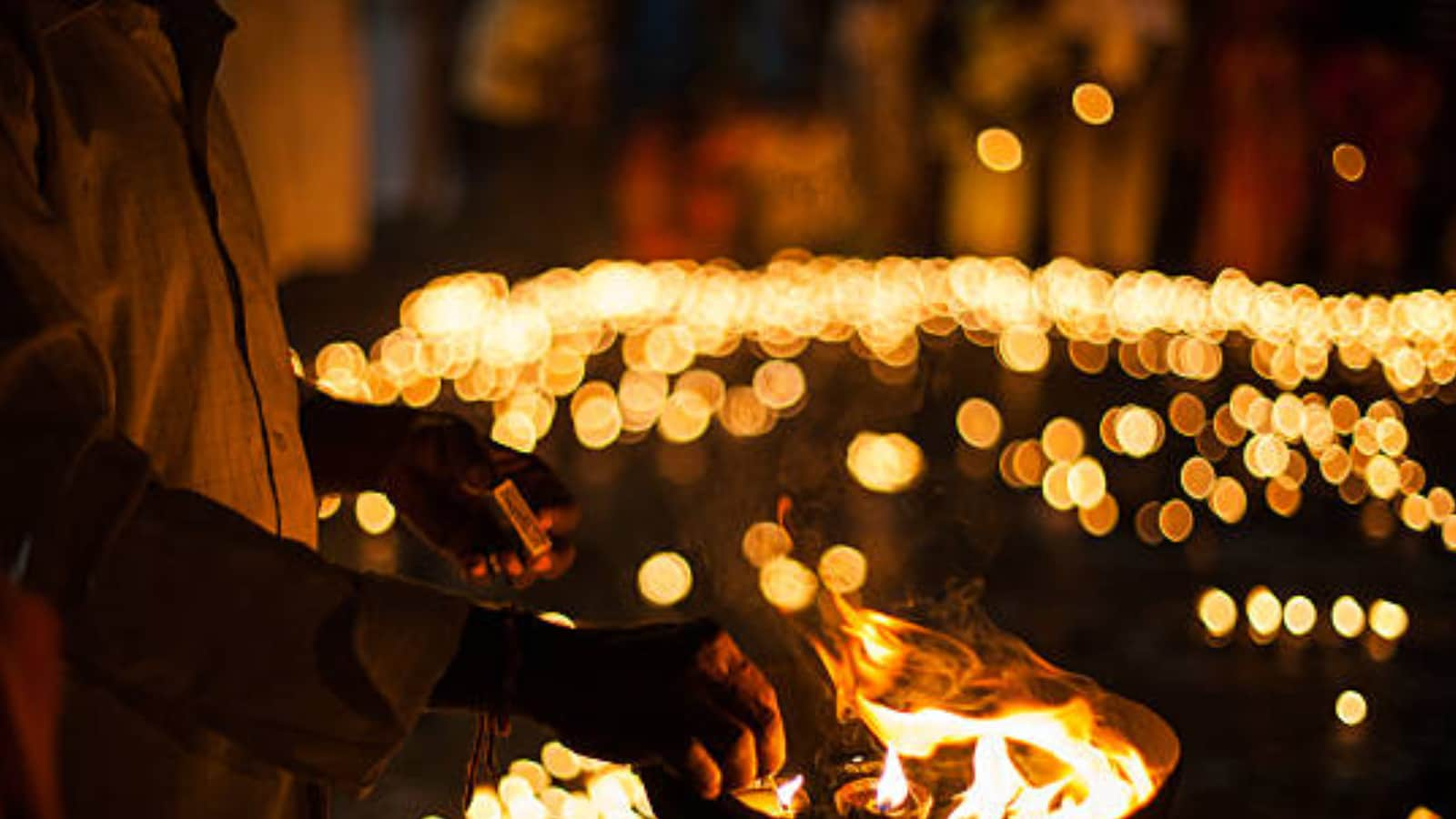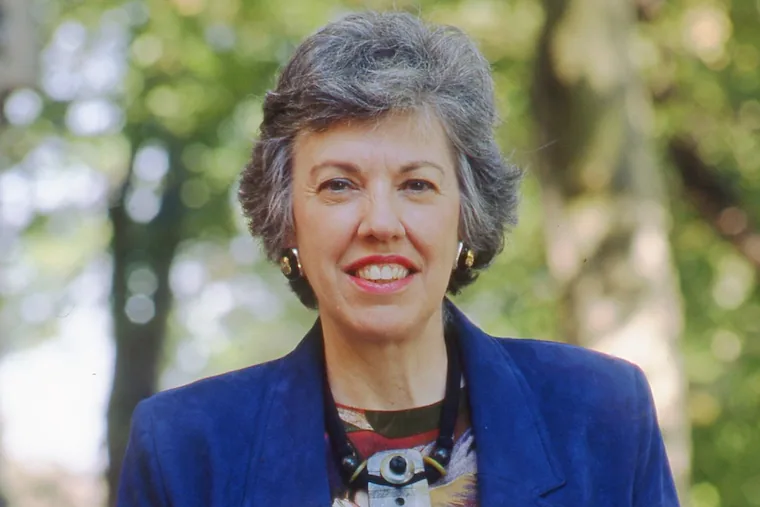Copyright news18

The tiny island nation of Trinidad & Tobago, home to just 1.4 million people and a 65 percent Christian population, is preparing to build a grand Ram Mandir as part of its efforts to position itself as a spiritual and cultural centre for Hinduism in the Caribbean. With an estimated 350,000 Hindus, Trinidad & Tobago has long been known as “Ramayana Country” for its deep-rooted devotion to Lord Ram and preservation of Hindu traditions brought by Indian indentured labourers in the 19th century. The government has now expressed strong support for constructing a magnificent temple dedicated to Lord Ram in the capital- Port of Spain. Country’s Public Utilities Minister Barry Padarath confirmed that discussions are underway with religious leaders and organisations involved in bringing a replica of the Ram Lalla idol from Ayodhya earlier this year. “The Ram Lalla initiative is something that we welcome. It is something we support,” Barry Padarath said, highlighting the government’s commitment to strengthening Hindu cultural heritage across the islands. The proposed temple is envisioned not just as a place of worship but as a multifunctional centre for cultural education, spiritual activities and community gatherings. “These traditions have been kept alive across generations. Trinidad & Tobago has become an important place for Hindus in the Caribbean,” Barry Padarath said. The initiative follows a proposal by Prem Bhandari, founder of the Overseas Friends of Ram Mandir in New York, to create a Hindu spiritual hub called “Ayodhya Nagari” in Trinidad & Tobago. The idea aims to provide a sacred destination for North American devotees who may not be able to visit Ayodhya in India. In May 2025, a replica of the Ram Lalla idol was unveiled in Port of Spain in a ceremony jointly organised by Prem Bhandari and Amit Alagh, chair of the Ayodhya Shri Ram Organisation in Trinidad & Tobago. Prem Bhandari said the proposed Ram Mandir and Ayodhya Nagari project could transform Trinidad & Tobago into a global centre for Hindu spirituality, symbolising the enduring connection between the Indian diaspora and its cultural roots. Minister Barry Padarath said the temple would stand as a tribute to the resilience and faith of generations of Indo-Trinidadians who preserved their religion and language far from their ancestral homeland. “The Ram Mandir will not only be a place of prayer but also a centre for education, festivals, and cultural continuity for future generations,” he said. The project’s timeline has yet to be finalised.



